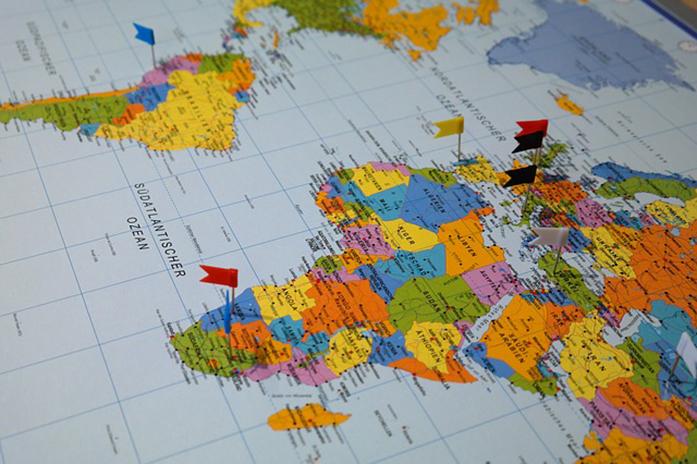Recently, a leak of unprecedented proportions occurred. The documents are being called the “Panama Papers,” after the Panamanian law firm from which the documents came, Mossack Fonseca.
It is the fourth largest offshore law firm in the world according to The Guardian. The leak came from the law firm’s database and included 11.5 million files amounting to 2.6 terabytes of information. To put that volume into perspective, the massive WikiLeaks leak was a measly 1.7 gigabytes — that’s less than 0.001 of the Panama Papers.
Given the bewildering scale of the leak, there is still a lot of information yet to come out and documents that still need to be read, but the implications are mounting. Russian President Vladimir Putin, British Prime Minister David Cameron, and the former prime minister of Iceland, Sigmundur Gunnlaugsson, have all been identified as individuals with possible ties to the leak. Iceland’s prime minister offered his resignation on Tuesday morning, according to AP.
In response to the papers, President Obama has called for tax reform that would prevent Fortune 500 companies from storing money in offshore holdings to avoid taxes. The issue of tax avoidance through offshore holdings has played a role in this election as candidates on both sides have addressed the issue.
There is a lot yet to come out from the Panama Papers, but right now there are two things the documents undoubtedly reveal. First, the lack of trust in federal government that exists among U.S. and world citizens seems to be better placed now than ever. And second, widespread and major tax reform will be required to fix the problems caused by the use of offshore holdings.
As Obama told press, “There is no doubt that the problem of global tax avoidance generally is a huge problem. The problem is that a lot of this stuff is legal, not illegal.”
One of the largest examples of offshore tax avoidance is Apple. According to a Bloomberg article from last summer, Apple has nearly $202.8 billion in cash, 89 percent of which is held overseas and cannot be repatriated without paying the 35 percent corporate income tax — the highest of any industrialized nation.
Apple’s tax avoidance is technically not illegal — even as Tim Cook, its CEO, has previously been called into court for the practices — but the question of ethics must be applied to these holdings. As Apple’s (and other large companies’) international sales have skyrocketed, so, too, has the overseas money that cannot be brought back to its U.S. investors. The Daily Iowan Editorial Board will not claim to have a solution to the problem of corporate and wealthy individual tax evasion, but lest the Panama Papers reveal information about American corporations, the U.S. federal government must devise a way for our nation’s corporations to bring their overseas money back to the United States.
The information that has come out (and will continue to come out) of the Panama Papers, though damning, is not entirely earth-shattering. The major tax reform that the Sen. Bernie Sanders campaign has pushed since the start of his campaign lies at the heart of the issues presented by the Panama Papers and the commitment to reform on these policies played a role in The Daily Iowan’s caucus endorsement of Sanders.
However, it is now clear as the information from the leak grows that the problem of corruption among wealthy individuals, corporations, and governments around the world is far bigger than we have previously known.



